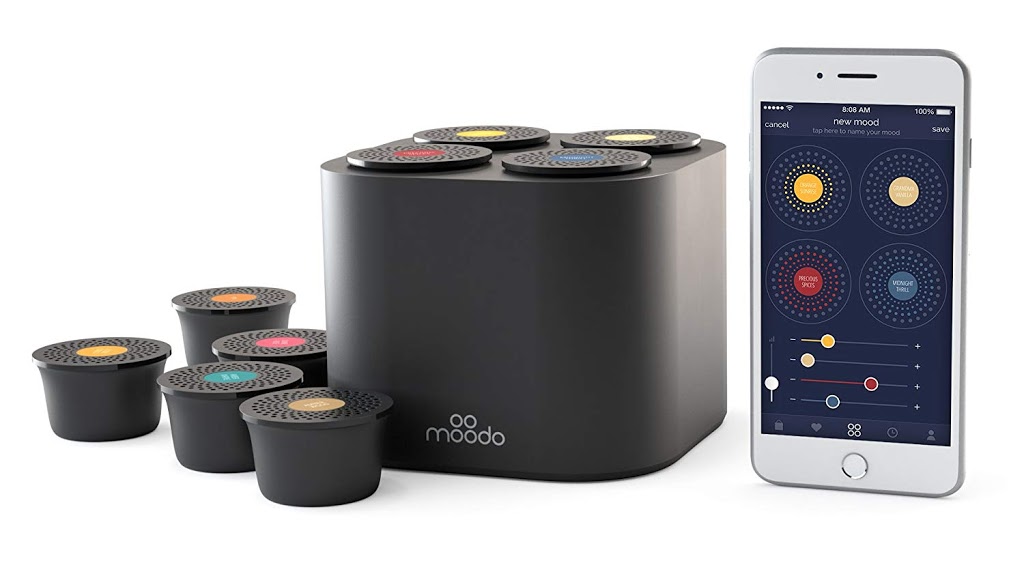Incidents involving household devices, such as vacuum cleaners, exploding during charging are raising serious safety alarms. Many of these occurrences involve lithium-ion batteries, a popular power source for cordless appliances. While efficient and lightweight, these batteries can pose risks if not properly maintained or manufactured.
Why Lithium-Ion Batteries Explode
- Thermal Runaway:
- Lithium-ion batteries can overheat, leading to a chain reaction of heat and gas release, culminating in an explosion or fire.
- Overcharging:
- Prolonged charging can result in excess heat buildup, especially in devices without proper charge-regulation mechanisms.
- Manufacturing Defects:
- Poor-quality batteries or assembly flaws can cause internal short circuits, increasing the risk of malfunction.
- Physical Damage:
- Dropping or mishandling the vacuum can compromise the battery’s integrity, making it prone to failure.
- Non-Compatible Chargers:
- Using chargers not designed for the device may deliver incorrect voltage or current, stressing the battery.
How to Safely Charge Your Vacuum Cleaner
- Avoid Overcharging:
- Disconnect the vacuum cleaner as soon as it reaches full charge to prevent overheating.
- Inspect for Damage:
- Regularly check the device and battery for any visible damage, such as swelling or leakage.
- Use the Right Charger:
- Always use the manufacturer-provided charger or a certified replacement.
- Charge in a Safe Environment:
- Place the vacuum on a non-flammable surface, away from heat sources, and in a well-ventilated area.
- Replace Old Batteries:
- Batteries degrade over time. Replace them with approved alternatives to maintain safety and performance.
What to Do If Your Vacuum Overheats or Explodes
- Unplug Immediately:
- If the device starts overheating, disconnect it from the power source.
- Evacuate the Area:
- In case of smoke or fire, move people and pets away to ensure safety.
- Use an Appropriate Extinguisher:
- If a fire starts, use a Class D fire extinguisher designed for lithium fires or call emergency services.
- Contact the Manufacturer:
- Report the incident to the manufacturer to trigger safety investigations and recalls if necessary.
The Growing Concern Over Lithium-Ion Battery Safety
- Frequent Incidents:
- Explosions involving battery-powered devices like smartphones, e-bikes, and cordless vacuums are becoming more common.
- Call for Better Standards:
- Consumer advocates are urging manufacturers to implement stricter quality controls and adopt safer battery technologies.
- New Innovations:
- Researchers are exploring alternatives such as solid-state batteries, which are safer and less prone to thermal runaway.
Conclusion
While lithium-ion batteries power many of the devices we rely on daily, they come with inherent risks if not used or maintained properly. By following safety practices and pushing for stricter regulations, we can mitigate these risks and ensure that everyday appliances like vacuum cleaners remain both convenient and safe to use.








